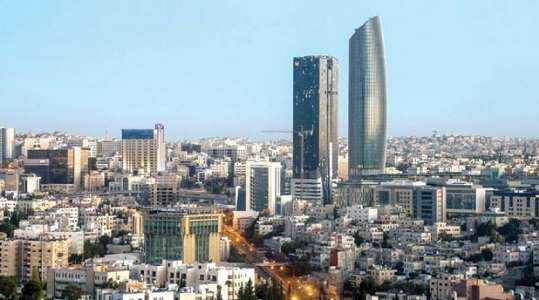The World Bank expected that Jordan's public debt, including government debt on the Social Security Investment Fund, would rise to 114.5% by the end of this year, and 115.4% at the end of next year, compared to GDP.
The bank’s report, entitled “Maximizing the Development Impact of Public Investment” in Jordan, revealed that the public debt reached about 37.8 billion dinars ($53 billion) at the end of August 2022. As it increased in the first eight months of last year by 1.3 billion dinars, ($ 1.8 billion) compared to the end of 2021, while its percentage of GDP reached 113.4% by the end of 2022.
The current government led by Bishr Al-Khasawneh, since assuming its duties in October 2020, until the end of August 2022, borrowed a billion dinars worth of social security funds ($1.4 billion), which was shown by the table of the most important debt indicators in the government’s latest financial bulletin. The total government debt in favor of the Social Security Investment Fund until the end of August reached 7.504 billion dinars ($10.5 billion).
The World Bank stated that “net foreign direct investment reached its highest level in 5 years,” explaining that “Jordan witnessed strong growth in its exports (44% in the first half of 2022), but the high import bill and widening current account deficit led to continued pressures on the balance of payments”.
The bank's report showed that the pace of growth in Jordan accelerated during the first half of last year, reaching 2.7%. Driven by a strong recovery in tourism, a full reopening of the economy, and an improvement in the level of exports, "despite the challenging global and domestic environment", the report called for accelerating the pace of investment-friendly reforms necessary to achieve a resilient recovery and create inclusive job opportunities for all.
Source (Al-Araby Al-Jadeed Newspaper, Edited)

